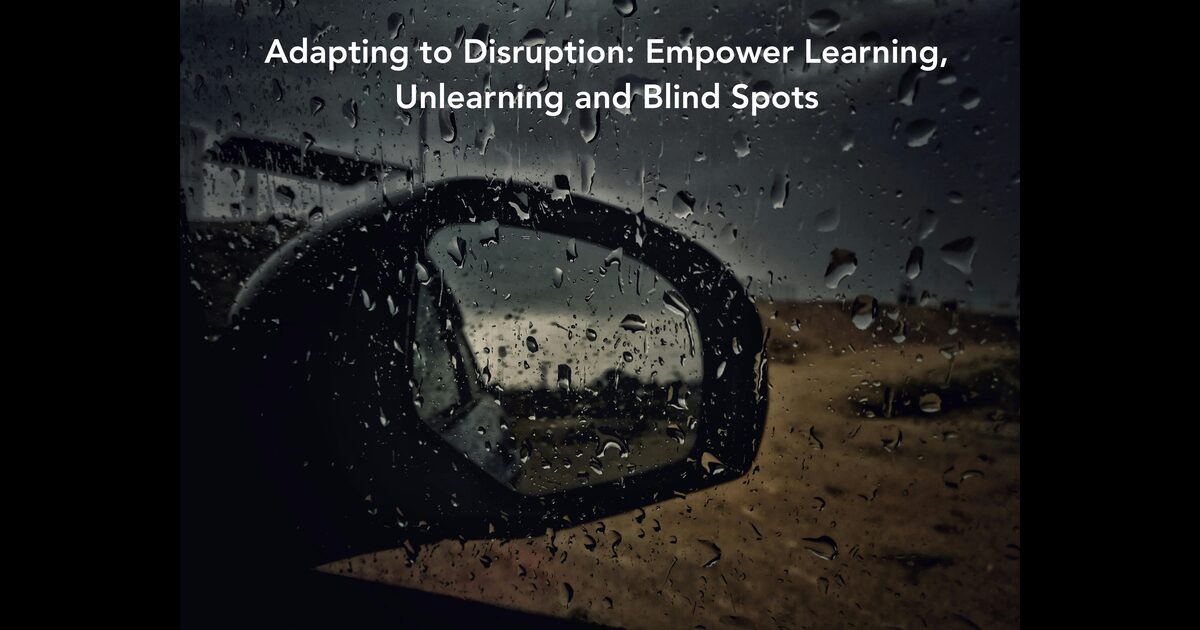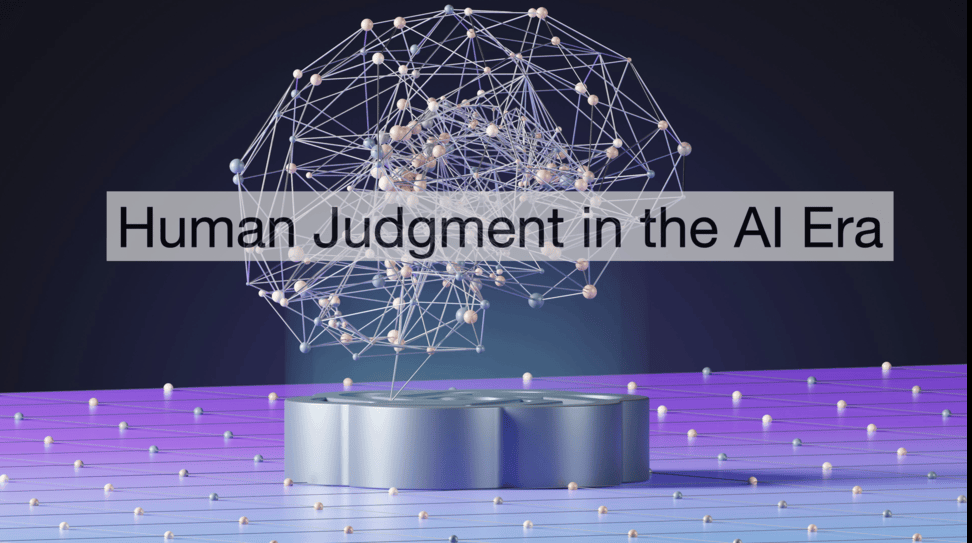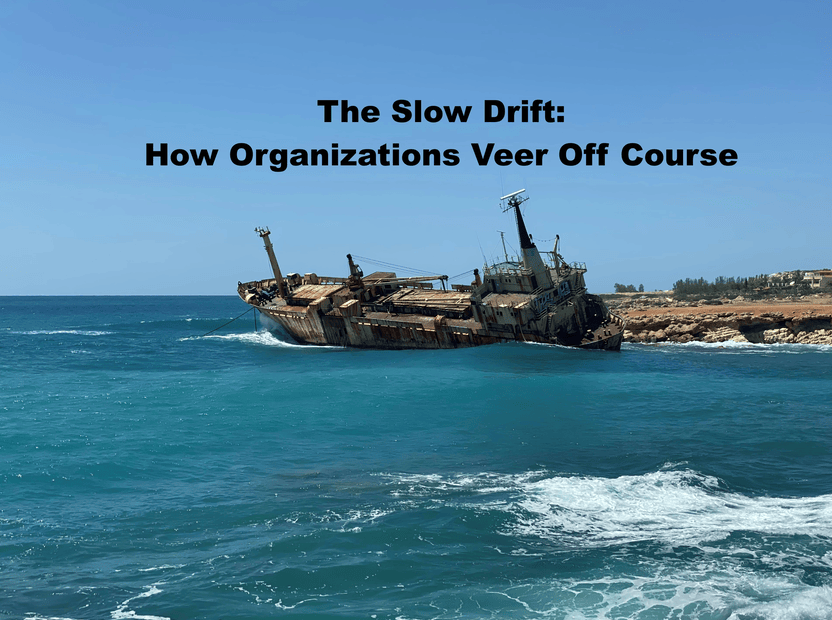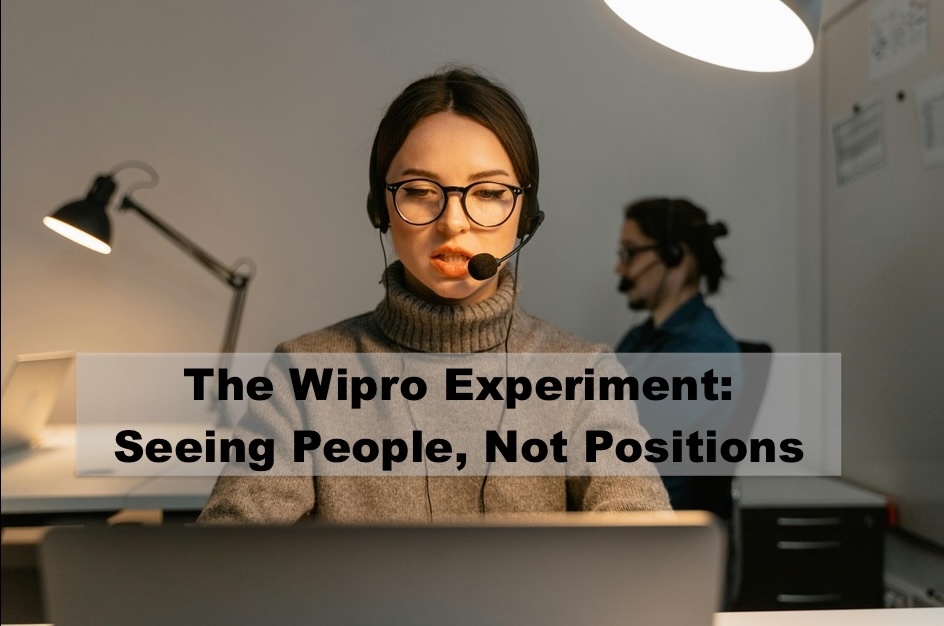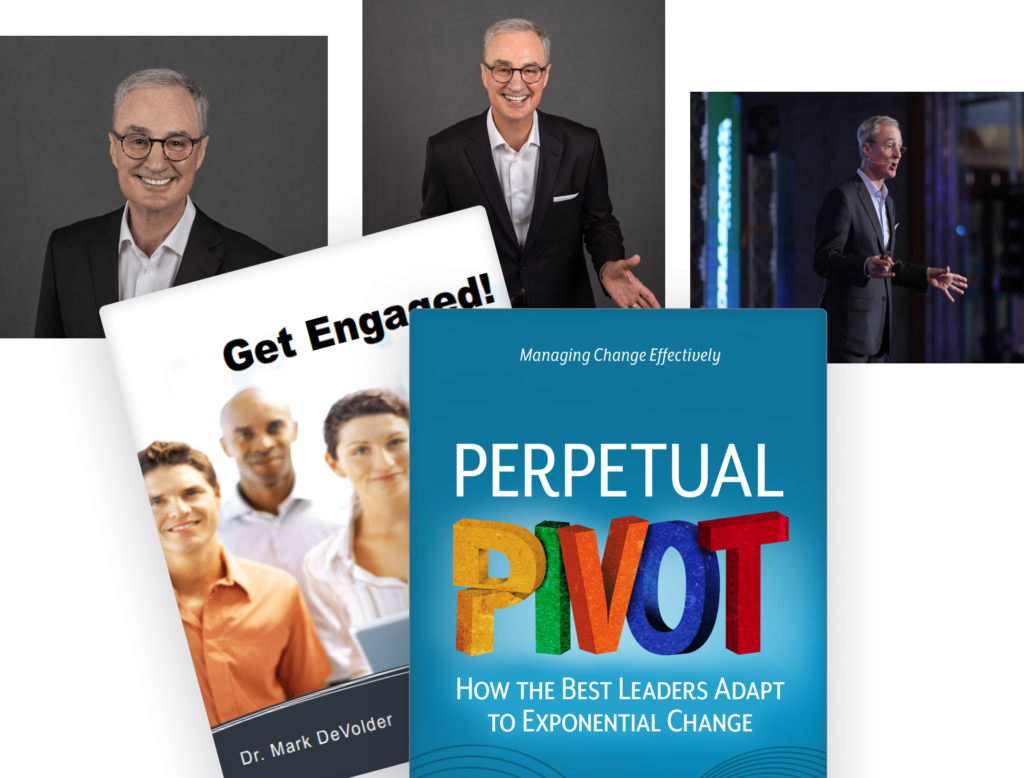Change is inevitable, yet many professionals struggle to embrace it. In organizations across industries, disruption isn’t a choice to accept or resist—it’s already happening. The real question isn’t whether change will occur, but whether individuals will adapt or fall behind.
Successful leaders understand that adapting requires more than acquiring new information. It demands replacing outdated habits and assumptions with relevant skills and fresh perspectives. Below is a structured approach to fostering adaptability while recognizing blind spots that can hinder growth.
Step 1: Accept and Let Go of the Past
Navigating disruption begins with acknowledging that past practices may no longer be effective. Clinging to familiar ways of thinking prevents progress, especially when industries evolve and old strategies no longer produce results. Letting go isn’t just about abandoning outdated systems—it’s about recognizing ingrained beliefs that may limit effective decision-making.
Step 2: Learning, Unlearning, and Overcoming Blind Spots
To successfully adapt, professionals must not only learn new skills but also unlearn outdated ones. Holding onto obsolete methods can stall progress. The key to success lies in replacing ineffective patterns with knowledge and skills aligned with today’s reality.
However, blind spots—unconscious biases, habitual responses, or ingrained assumptions—often prevent leaders from seeing the need for change. When blind spots go unnoticed, resistance to transformation grows, putting success at risk.
How to Identify and Address Blind Spots:
- Seek Honest Feedback – Others often see the weaknesses we overlook. Ask colleagues, employees, and mentors: What might I be missing? Where do I need to rethink my approach?
- Expand Perspectives – Surrounding yourself with similar viewpoints reinforces outdated thinking. Engaging with professionals from diverse industries and backgrounds uncovers blind spots and sparks innovation.
- Audit Your Habits – Identify which behaviors support growth and which ones feel automatic but may no longer be relevant. Self-reflection helps align daily actions with evolving challenges.
Blind spots aren’t failures—they’re opportunities for refinement. The ability to unlearn is just as powerful as the ability to learn. Leaders who acknowledge unseen obstacles position themselves for meaningful transformation.
Step 3: Foster a Culture of Adaptability
A leader’s ability to drive change depends on active engagement. Employees often resist transformation when leadership appears hesitant or unaware of the need for new skills. By fostering open communication and modeling adaptability, leaders encourage their teams to embrace necessary shifts in mindsets and competencies.
Organizations that thrive don’t resist change—they embrace it. The disruption has already arrived. Are you ready to adapt?
Dr. Mark DeVolder is a Top Change Management & Transformation Expert, Award Winning Motivational Keynote Speaker Empowering Confidence through Change. Mark can teach you how to change, anticipate business trends and accelerate future-proof transformation. He’s done it before with industry leaders like Qatar Petroleum, PepsiCo, Royal Bank of Canada and Bristol-Myers Squibb.
